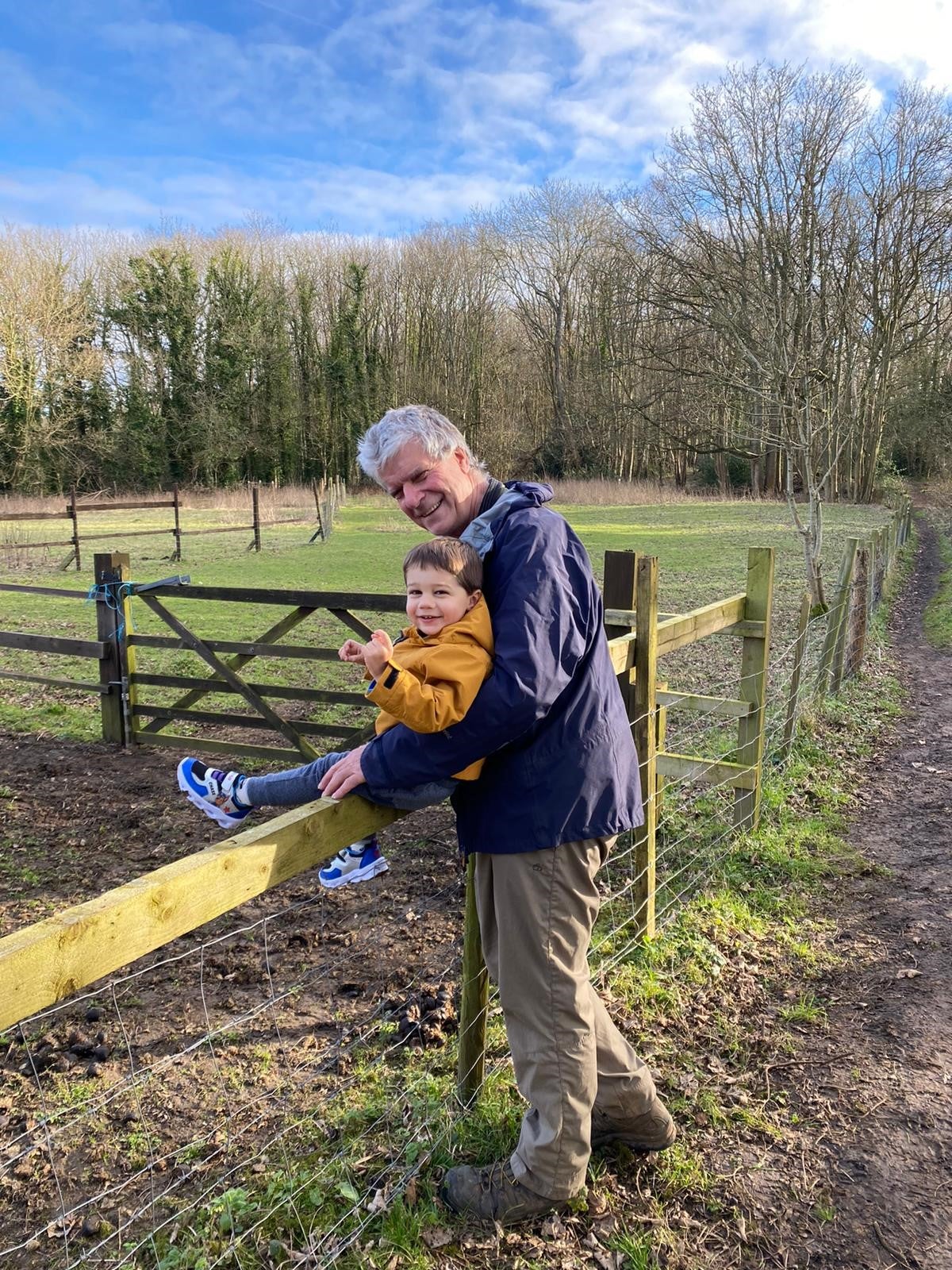New ‘killer’ immunotherapy shows promise in attacking hard-to-treat cancers
Trials show the drug redirects the body’s own natural killer immune cells to target tumour cells.

A new “killer” immunotherapy treatment is showing early promise in attacking cancers that are hard to treat.
Researchers at the Institute of Cancer Research (ICR), London, and the Royal Marsden NHS Foundation Trust have been trialling the new drug, known as AFM24.
It has shown signs of effectiveness in a third of patients with a range of advanced cancers that had stopped responding to treatment, including bowel, lung and pancreatic cancers.
AFM24 redirects the body’s own natural killer immune cells to kill tumour cells, without having to go through the complex process of re-engineering a patient’s own cells, known as CAR-T cell therapy.
The results of the new study – a phase I trial on 24 patients which is ongoing – are being presented on Monday at the American Association for Cancer Research (AACR) conference being held in New Orleans.
I’m able to work, live an active lifestyle – for instance, I walk my dog, Jet, three miles every morning
Experts hope the immunotherapy could, in future, work against a range of cancer tumours that continue to grow despite treatment.
They also believe the new treatment has the potential to be safer and less complex than cell therapies like CAR-T, and might work against a wider range of cancer types.
The trial has been funded by the drug’s manufacturer Affimed N.V. and is testing the drug’s safety and what dose should be given, as well as its effectiveness in tackling tumours positive for EGFR – a key protein involved in cancer growth.
A third of patients on the trial (eight out of 24) responded to the immunotherapy and saw their cancers stop growing. These early-stage trials often include people who have run out of other options.
Two patients with bowel cancer and one with lung cancer who received the immunotherapy saw their cancer shrink or stop growing for more than three months.
AFM24, which is administered intravenously, was generally well-tolerated by patients.
Natural killer cells are an essential part of the immune system and are able to recognise cancer cells
The ICR said the immunotherapy has a “warhead” targeted at EGFR, which is commonly produced by lung, bowel, kidney, stomach, pancreatic and biliary cancers.
Further studies are now evaluating AFM24 in combination with other immunotherapies such as atezolizumab to target EGFR-positive tumours.
Nursing home estates manager Richard Condie, 64, from Surrey, was diagnosed with bowel cancer in 2015 and, despite surgery, the disease spread to his liver.
In January 2021, he was told he had run out of options.
He is now being treated with AFM24, which has stabilised his cancer and shrunk some of his tumours.
He said: “I receive the drug as an infusion once a week and, out of all the treatments I’ve been given over the past seven years, this one has come with the fewest side-effects.
“I’m able to work, live an active lifestyle – for instance, I walk my dog, Jet, three miles every morning – and spend time with my wife, three children and four grandchildren, and one more is on the way.”
The trial’s UK lead Dr Juanita Lopez, from the ICR and consultant medical oncologist at the Royal Marsden, said: “Natural killer cells are an essential part of the immune system and are able to recognise cancer cells.
“This new immunotherapy, AFM24, can redirect natural killer cells to tumours by targeting a protein called EGFR, which is often found on the surface of cancer cells.
“This treatment is still highly experimental and our trial is at an early stage, but we are excited by its potential.
This new treatment is highly innovative because it finds a way to direct natural killer cells within the immune system to tumours
“It does not have to be personalised for each patient like CAR-T cell therapy, so it could potentially be cheaper and faster to use, and might work against a wider range of cancers.”
Professor Kristian Helin, chief executive of the ICR, said: “This new treatment is highly innovative because it finds a way to direct natural killer cells within the immune system to tumours without requiring complex and expensive re-engineering of a patient’s own cells.
“So far, we’ve only seen initial findings in a small group of patients, but the results look promising, and we’re optimistic that this could be a new type of immunotherapy for cancers that are otherwise hard to treat.”
Bookmark popover
Removed from bookmarks